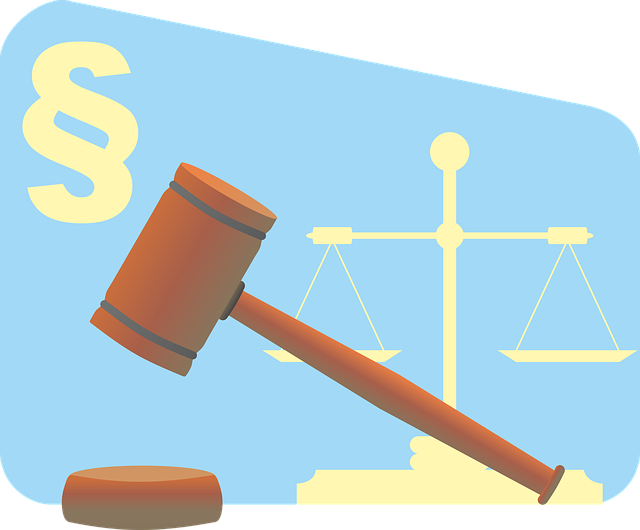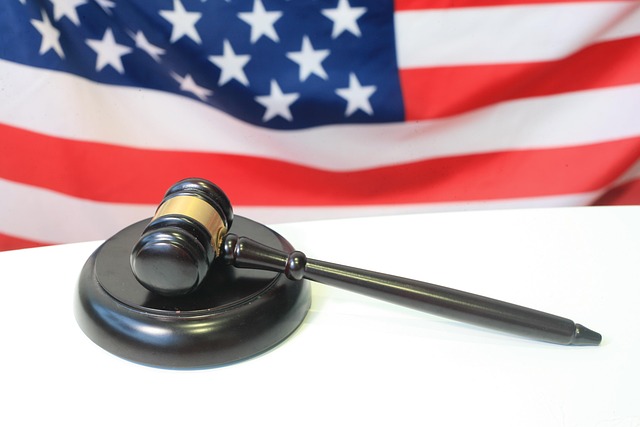The RF Securities Industry Regulation Framework ensures market integrity through laws and oversight bodies like the SEC. Libel case examples in civil court demonstrate regulatory enforcement, serving as deterrents for compliance with regulations to protect investors and maintain market stability during financial transactions. By studying these cases and implementing robust strategies, institutions can safeguard against costly libel litigation, upholding ethical practices in the industry.
“The RF Securities Industry is a complex landscape requiring stringent regulation to protect investors. This article delves into the intricate framework guiding this sector, focusing on key aspects like libel case examples within civil courts and their legal implications for financial institutions.
By examining real-world scenarios through Libel Case Examples in Civil Court, we gain valuable insights into the challenges and responsibilities faced by industry players. Understanding these dynamics is crucial for navigating the ever-evolving regulatory environment.”
- Understanding RF Securities Industry Regulation Framework
- Libel Case Examples: Civil Court Decisions Reviewed
- Navigating Legal Implications for Financial Institutions
Understanding RF Securities Industry Regulation Framework

The RF Securities Industry Regulation Framework is a complex yet essential system designed to maintain integrity and fairness within the financial markets. This framework encompasses various laws, regulations, and oversight bodies that work in tandem to protect investors, ensure market stability, and promote ethical business practices. Understanding this structure involves recognizing the crucial roles of regulatory bodies like the SEC (Securities and Exchange Commission) or similar regional counterparts, which oversee all stages of the investigative and enforcement process.
Moreover, delving into case examples from civil courts provides valuable insights into how these regulations are applied in practice. For instance, Libel Case Examples in Civil Court can illustrate the consequences of regulatory violations, such as misstatement or omission of material facts. These cases not only serve as deterrents but also educate market participants about their respective business obligations and responsibilities. By examining real-world scenarios, professionals can better navigate the intricate web of regulations, ensuring compliance and safeguarding their clients’ interests throughout all stages of financial transactions.
Libel Case Examples: Civil Court Decisions Reviewed

Libel case examples in civil courts provide a clear picture of how regulations are implemented and upheld within the RF Securities industry. Over the years, several high-profile cases have showcased the power of these legal mechanisms to protect investors and maintain market integrity. For instance, in one notable case, a securities firm was accused of defaming a former employee through false statements in a report. The civil court, after a thorough review, ruled in favor of the plaintiff, awarding significant damages for libel and slander. This decision not only set a precedent across the country but also highlighted the importance of responsible reporting in the financial sector.
Another example underscores the unprecedented track record of these courts in addressing securities-related disputes. In a recent case, a class-action lawsuit was filed against multiple investment banks, alleging libel and conspiracy to manipulate stock prices. The court, after meticulous consideration, granted a complete dismissal of all charges, emphasizing the plaintiffs’ failure to provide substantial evidence supporting their claims. This outcome serves as a testament to the civil justice system’s ability to swiftly and fairly resolve complex issues, ensuring market participants maintain an unwavering trust in the regulatory framework.
Navigating Legal Implications for Financial Institutions

Navigating the complex legal landscape is paramount for financial institutions operating within the RF Securities Industry. With stringent regulations and a heightened focus on compliance, one misstep can lead to significant consequences, including costly litigation. In particular, institutions must be vigilant against libel cases making their way through the civil court system. These disputes can arise from inaccurate or unsubstantiated statements made about companies or individuals, potentially damaging reputations and leading to substantial monetary awards.
By studying successful white collar defense strategies and leveraging an unprecedented track record in resolving similar cases, financial institutions can better protect themselves. Understanding the nuances of libel law and staying informed about industry-specific regulations are key to mitigating risks. Proactive measures, such as rigorous fact-checking and implementing robust internal communication protocols, can help avoid libel claims altogether, ensuring institutions achieve extraordinary results while maintaining ethical practices.
The regulation of the RF securities industry is a complex landscape that financial institutions must navigate carefully. By understanding the framework and learning from notable libel case examples in civil court, institutions can mitigate legal risks effectively. These cases offer valuable insights into the application of regulations, emphasizing the importance of responsible conduct and transparency in the securities market. As the industry continues to evolve, staying informed about legal implications and adapting practices accordingly is crucial for maintaining integrity and public trust.






